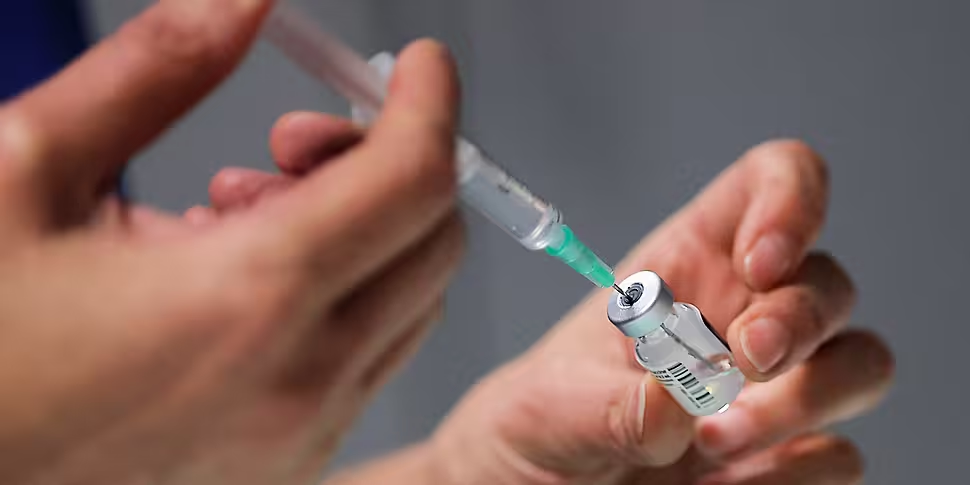An immunology expert says a short dip in supply of the Pfizer COVID-19 vaccine should not have a major impact on our rollout plan.
Pfizer says its EU deliveries will be temporarily reduced because its Belgian production facility is being expanded.
The company says it will return to its original schedule of deliveries of the jab from January 25th.
Professor Brian MacCraith, the chairman of the National Vaccine Taskforce, stated that the reduced delivery will only have a "modest" impact on the rollout here.
1,800 GPs and nurses will be vaccinated across the three centres today, however, it comes as some healthcare workers voiced their frustrations about supply.
Yesterday, staff in Nenagh Hospital in Co Tipperary appeared in an online video calling on the Government to explain why they had not yet been vaccinated.
Immunology professor at Trinity College Dublin, Cliona O'Farrelly, told Newstalk Breakfast with Susan Keogh that the immunisation rollout in Ireland is going "as well as can be expected under appalling conditions".
There is no "magic wand" to get everyone vaccinated at the same time, she added, rather the prioritisation of who gets inoculated first is based on ethics in trying to protect the most vulnerable and those most important for the delivery of care first.
Professor O'Farrelly believes that, despite the temporarily reduced production of the Pfizer/BioNTech jab, new vaccines will likely increase supplies over the next month.
"We're hearing the AstraZeneca, the Oxford one, will be available this month, and also Johnson and Johnson is coming down the line.
"I've also been hearing about this wonderful Chinese one, Sinopharm, which is being used in Bahrain and the UAE, it's got very strong data.
"So I suspect that many more are going to be available in the next month.
Meanwhile, people who receive the first dose of their coronavirus vaccine from Monday will wait an extra week for their second dose.
The HSE plans to give people a second dose of the vaccine 28 days after the first, instead of 21 days.
Professor O'Farrelly said the data "is looking quite good in terms of the immunity you get from the first dose".
"Making a difference of seven days is negligible from an immunological point of view," she said.
She added that the second dose should "ideally" be from the same manufacturer as the original one, but said she wouldn't get "hugely upset" if the second shot came from a different source.









